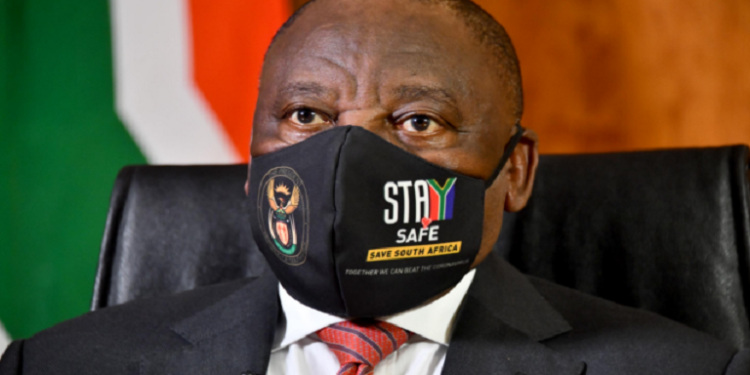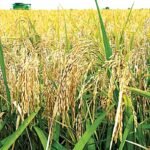The Board of Directors of the New Development Bank (NDB) on Friday 19 June approved a $1 billion emergency assistance program loan for the Republic of South Africa.
This was contained in a media statement issued on Saturday, 20 June 2020 by the South African National Treasury, who is responsible for managing South Africa’s national government finances
“The aim of the loan according to the statement, is to support the South African government in its efforts to contain the spread of Covid-19 in the country and the reduce human, social and economic losses caused by the coronavirus outbreak, the statement read in part.
“The program will contribute in providing critical healthcare resources and strengthening the social safety net in South Africa. The positive impacts will include improving the resilience of public sector and health emergency response systems and facilitating socio-economic recovery”.
Read also; IMF Approves $148 Million for Guinea
Net capital outflows (bonds and equities) since the beginning of the pandemic have amounted to $7.1 billion (2.6 percent of GDP); the sovereign’s dollar credit spread has increased more than 50 percent to 282.8 bps; and the rand has depreciated by about 16 percent vis-à-vis the US dollar.
Fiscal policies announced by South African government to deal with the economic fallout of the pandemic include; assisting companies and workers facing distress through the Unemployment Insurance Fund (UIF) and special programs from the Industrial Development Corporation.
Additional funds are available for the health response to Covid-19, workers with an income below a certain threshold are receiving a small tax subsidy for four months, and the most vulnerable families are receiving temporarily higher social grant amounts for six months.
A new 6-month Covid-19 grant was also created to cover unemployed workers that do not receive grants or UIF benefits and the number of food parcels for distribution was increased. Funds are available to assist SMEs under stress, mainly in the tourism and hospitality sectors, and small-scale farmers operating in the poultry, livestock, and vegetables sectors.
A new loan guarantee scheme is helping companies with turnover below a certain threshold to get bank financing for the payment of operating expenses as of May 12.
Allocations are also being made to a solidarity fund to help combat the spread of the virus, with assistance of private contributions, and support municipal provision of emergency water supply, increased sanitation in public transport, and food and shelter for the homeless.
The revenue administration is accelerating reimbursements and tax credits, allowing SMEs to defer certain tax liabilities, and has issued a list of essential goods for a full rebate of customs duty and import VAT exemption. A 4-month skills development levy tax holiday is also being implemented.
South Africa has the highest number of confirmed cases of Covid-19 in Africa. The country has recorded 87,715 cases of Covid-19 with 47,825 recoveries and 1,831 deaths according to Africa Centre for Disease Control and Prevention.
Read more; Covid-19 New cases surge in the U.S as Brazil pass 1million; Nigeria records 667 new cases
The NDB was established by Brazil, Russia, India, China and South Africa to mobilize resources for infrastructure and sustainable development projects in BRICS and other emerging economies and developing countries, complementing the existing efforts of multilateral and regional financial institutions for global growth and development.
The NDB received AA+ long-term issuer credit ratings from S&P and Fitch and AAA foreign currency long-term issuer rating from Japan Credit Rating Agency (JCR).
“The COVID-19 Emergency Program Loan to South Africa will be provided in response to the urgent request and immediate financing needs of the South African Government. NDB’s assistance will address urgent health needs in South Africa to overcome the COVID-19 pandemic and help mitigate socio-economic impacts on the most vulnerable populations,” said Mr. Xian Zhu, NDB Vice President and Chief Operations Officer.
Written by;
Ifunanya Ikueze























































